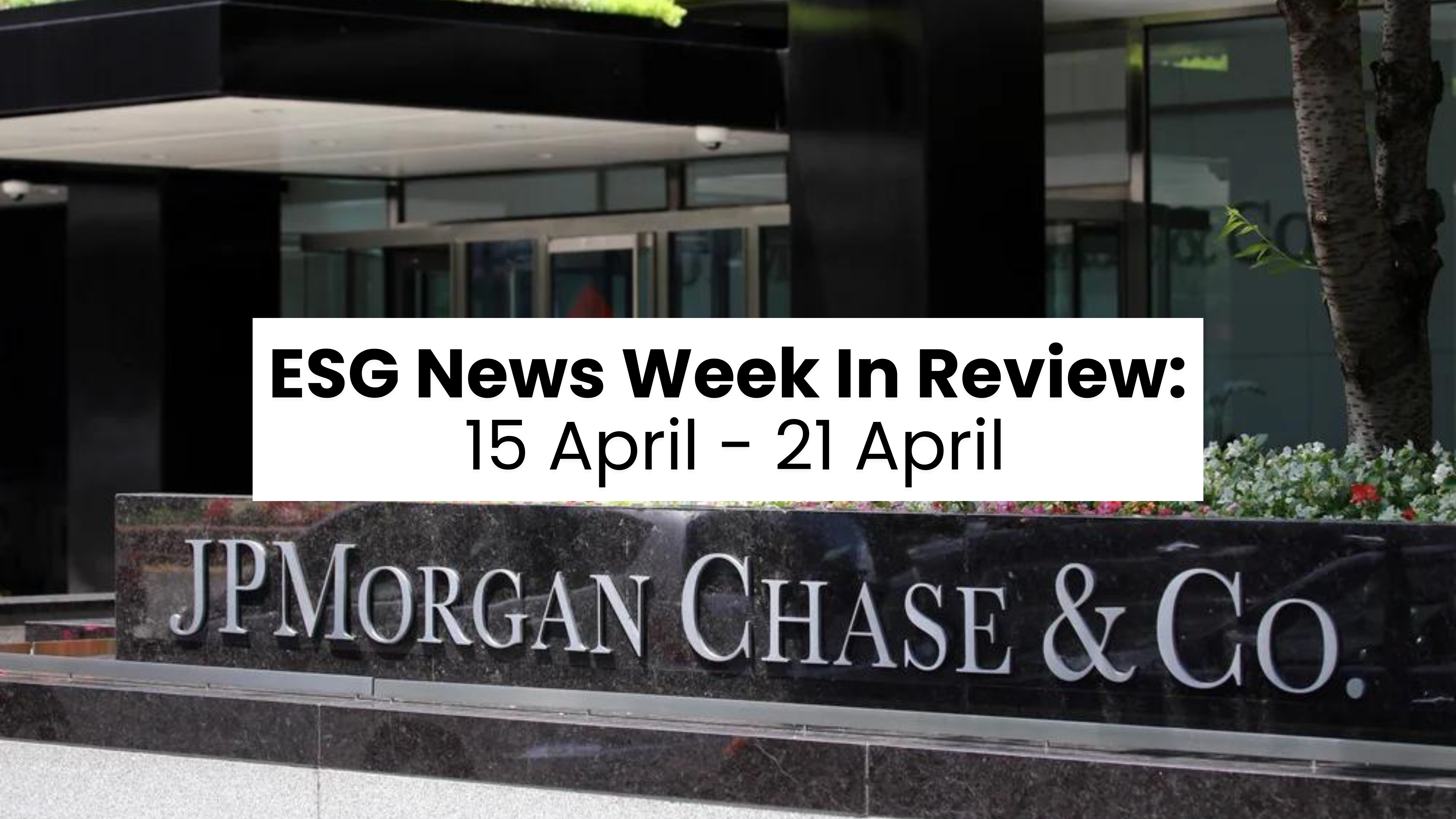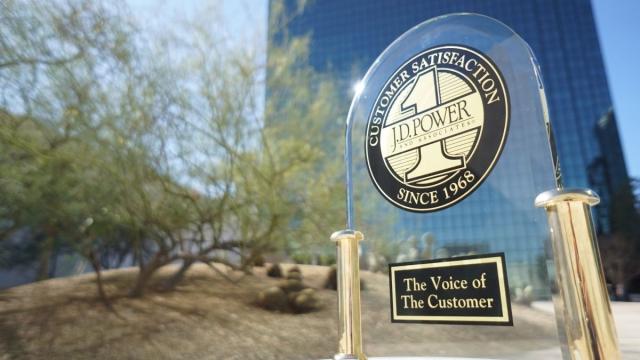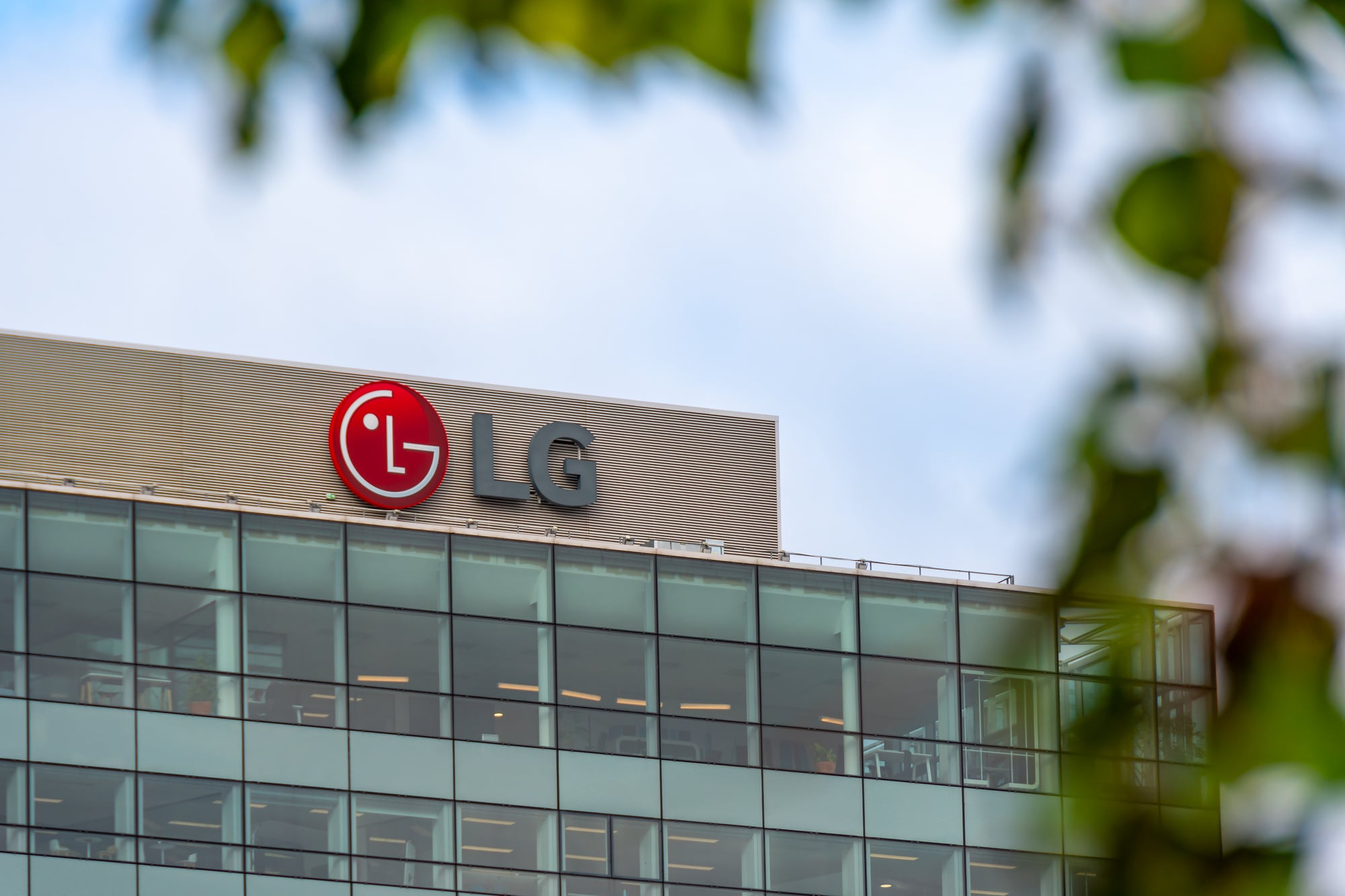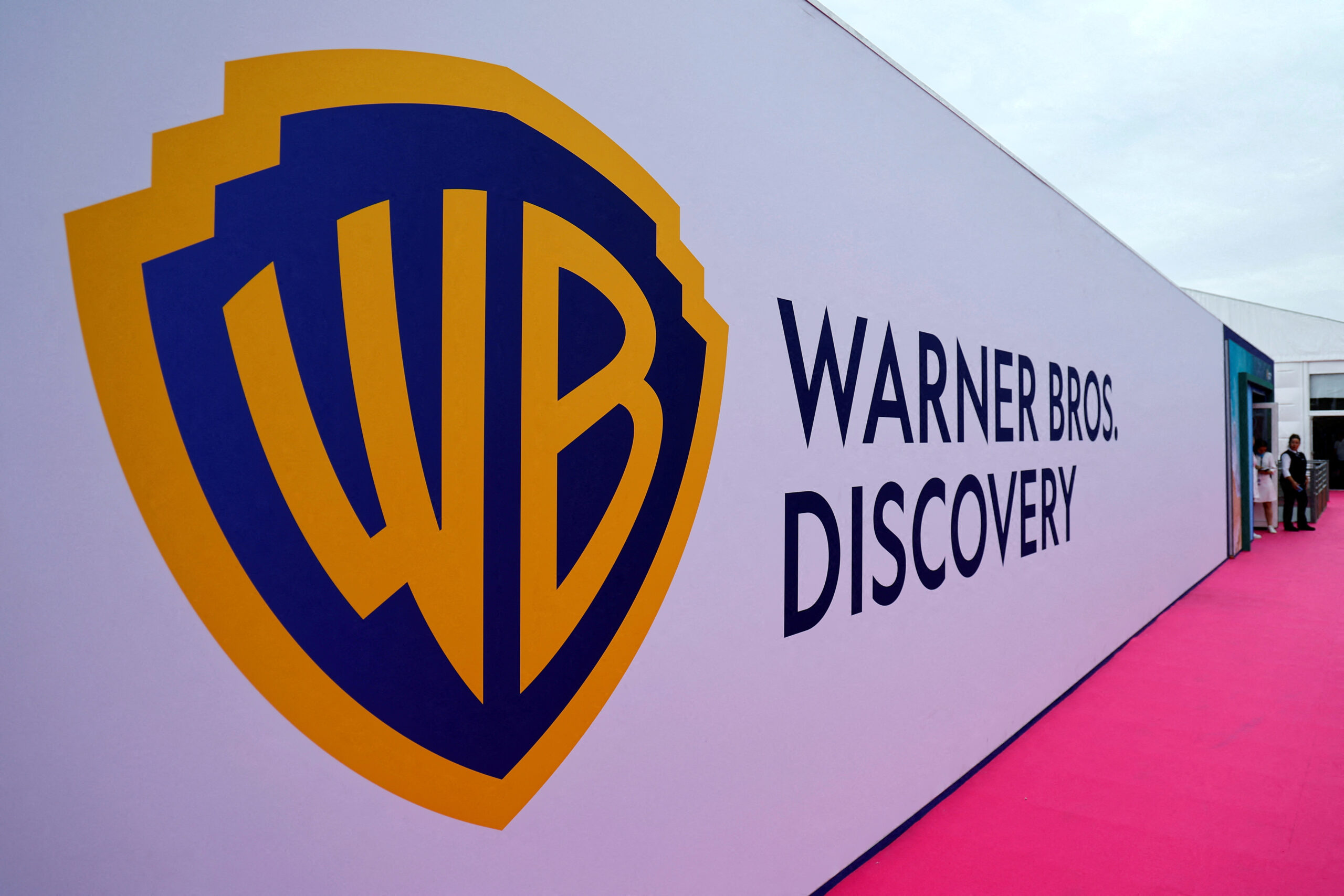Beyond Sponsorship: Leading Successful Partnerships for Impact Alex Heath (US Head of Social Impact & Sustainability at Edelman), Tafara Makaza, (Generation 17, Zimbabwe), Kristian Kampmann (Generation 17, Denmark)live at Cannes Lions Festival | SAWA – UNDP “Don’t Choose Extinction” Campaign
Public-Private Partners convene at Cannes for launch of SDG Lounge at International Creative Festival hosted by SAWA, UNDP, PVBLIC and ESG News
INTERVIEW TRANSCRIPTS:
Alex Heath (US Head of Social Impact & Sustainability at Edelman), Tafara Makaza, (Generation 17, Zimbabwe), Kristian Kampmann (Generation 17, Denmark)
Alex Heath, Edelman (00:00):
Good morning. Welcome. It’s great to be here at Canne. Um, I’m sitting with two great panelists here and I’ll tell I’ll introduce them shortly. Um, my name is Alex Heath. I look after social impact and sustainability at Edelman and here at Canne. I think one of the main topics that we’ve seen has been really around sustainability impact the power of storytelling, the power of creativity. Uh, one thing that we’ve been looking at all of us is how very powerful that creativity and storytelling is, but how very important the impact, uh, the real impact of the organizations and the people are in order to inspire that creativity. So we have two, uh, young leaders here who are working on that impact day in and day out. Um, we have Tafara Makaza, who is the co-founder and CTO of Fixa and Kristian Kampmann who leads Unleash. Um, and I’ll start with Kristian Kristian. Um, tell us a little bit about your organization and where, what, what are you doing and what are you looking forward to this year?
Kristian Kampmann, Lead, Unleash (01:08):
Yeah, thank you so much, Alex. Um, so I represent an organization called Unleash, which is essentially a massive platform for the development of youth led solutions to the SDGs. So every year we convene, we bring together thousands of young people to come together, go through an innovation process and come up with brand new, early stage solutions that we can then support afterwards. We mainly focus on three things. Um, so first of all, it’s, it’s all about actually developing new, tangible solutions. It’s not about a conversation. It’s about solutions we’ve developed more than 700 so far. We know that more than 200 have been incubated and more than 100 have received investments, uh, since participation. Um, the second thing is really about building capacity among the young people that we attract. So the thing that I really enjoy about unleash is that we provide scholarships for the young people in our network.
Kristian Kampmann, Lead, Unleash (02:10):
And that means that we can actually bring together those people with a lot of potential, but not necessarily a lot of opportunity. So we are keen and focused on also equipping them with a network with a toolbox, uh, and with the confidence to actually develop new solutions. So that’s the second thing. And the third thing is really about bringing together, uh, partners from around the world, not only to sort of support the entrepreneurs in our network, but also to nudge them a little bit towards the SDGs, which I think has also been one of the, the main things at this conference. So that’s sort of unleashing a nutshell this year. We have the super packed year. Uh, we are doing a bunch of digital activities, uh, hackathon program with our alumni. We’re doing an incubation program for some of the best teams in our network. We are doing an in-person innovation lab in Greenland for 200 people in new, which I’m super excited about. And we’re also doing, uh, a 1000 in person, uh, program in India end of year. So it’s, it’s a busy and a slightly daunting year, uh, but super excited because Unleash is really accelerating this year.
Alex Heath, Edelman (03:15):
That’s incredible. And you know, it’s something that you two have in common aside from being young leaders is you are representing generation 17, which is a partnership between Samsung and the United nations development program. And generation 17 is here to elevate, uh, and enable young leaders to elevate their stories, empower their work, move their work forward. And to far you’ve been part of generation 17 since it launched in 2020. Um, tell us a little bit about your work now and how has it evolved over the last couple of years?
Tafara Makaza, CoFounder and CTO, Fixa (03:49):
Yeah. Uh, thank you, Alex. Uh, so I’m part of, uh, startup code fixer, uh, I’m the co-founder and chief technology officer. Uh, so at fixer, uh, when an impact driven startup, uh, that connects, uh, African youth with stable jobs, uh, and just to give you a little bit of perspective, uh, you know, about 300 million people on the African continent right now, uh, are employed in the informal economy. So what that means is that, uh, you know, it’s, uh, unregulated, uh, there’s no formal contracts, uh, no social protections such as access to insurance, uh, you know, no record of payments. So mostly cash payments. Uh, so what we essentially do at Fixa is we provide jobs that have, you know, three things. So the first thing is the jobs that we actually provide are consistent. Uh, we also make sure that, uh, the jobs that we provide are referenced.
Tafara Makaza, CoFounder and CTO, Fixa (04:41):
So if someone continues to get a job within our platform, uh, they actually develop a career identity. Uh, and then the last thing is that our jobs have social protection. So because we record the work that they do, we record the earnings that they make on our platform. Uh, they’re able to, you know, have access to microloans because they’re now develop an earnings industry and a career identity where they’re able to grow in a career over time. So, you know, someone can start off as an unskilled worker working at a manufacturing site, but if you meet them, uh, you know, three months later and they know how to use a certain machine, they have a record of that development. Uh, so that’s essentially what we provide. Uh, and right now we launched, uh, in kegar Rwanda, um, in, uh, January. Uh, so, you know, we are on track to, to provide our jobs for 800 people.
Tafara Makaza, CoFounder and CTO, Fixa (05:30):
Uh, by the end of the year, we’re currently doing 300 right now, mm-hmm <affirmative>, uh, and our main sort of like purpose is to make sure that, you know, we are not only on board people to join our platform, but we want to make sure that the jobs that they get are very consistent. Uh, and now, you know, coming to the partnership, uh, with the UNDP and Samsung, which is generation 17, I think it’s been really helpful in terms of, you know, meeting, uh, other young leaders as well, who are doing, you know, different things such as, uh, uh, you know, Kristian, who’s doing things at a bigger scale. He was mentioning that, you know, 1000 people in here, right. So for me, when I hear those numbers, I think about, you know, how do we move from 300 daily active workers today to a thousand daily active workers?
Tafara Makaza, CoFounder and CTO, Fixa (06:13):
Yeah. Uh, you know, uh, when I see sort of, you know, Samsung the scale, uh, that they’re able to, to, uh, you know, provide, uh, technology access to, I think about how can we get to a hundred thousand, uh, people. So I think, you know, generation 17 has given me sort of like a platform, uh, to really think bigger. Uh, and also, you know, it has been an enabling environment in terms of, you know, giving us access to platforms that we would otherwise not have access to. So I think that has been really powerful, uh, you know, and, you know, being part of, uh, you know, this initiative has really kind of emphasized on the why, you know, the global goals, everyone knows why we need to solve these, these facts. Uh, but I think collaboration and sort of partnerships are essential when we’re talking about how we actually do it, how, how we actually attain those whys. So I think that’s very important. Yeah.
Alex Heath, Edelman (07:07):
Yeah. And, you know, you touched on partnerships and, and you guys are a part of a partnership, but you also mentioned the scale at the, the scale of the challenges we face are, are massive. But the scale that you’re working at now, Christian is, is huge. I mean, you’re talking about big numbers, talk about partnerships in your day to day, how do those come together and how do you make sure that those partnerships are gonna be beneficial for everyone? Um, maybe talk a little bit about the power dynamics and partnerships as well.
Kristian Kampmann, Lead, Unleash (07:37):
Yeah, sure. So in essence, unleash is a partnership initiatives. Yeah. We’ve worked with hundreds of, of partners since inception and that’s really what is driving the, the initiative. So for us, I think what is important when, when working with partnerships is, is a few things, we prefer partnerships that are deep, uh, where you actually work closely together. We prefer partnerships that are tangible. Sometimes there is a tendency in the sector to throw out words such as collaboration and synergies, but we actually wanna make it super, super tangible. Yeah. Um, and then thirdly, we want to work with partnerships that are long term because that is where the deep impact actually. Nice. Um, so we’re working with so many different partners. Um, one partner that I’m particularly excited about this year is with a, a super cool Indian, uh, techno it technology company called HCL technology.
Kristian Kampmann, Lead, Unleash (08:39):
Um, we are keen on focusing on our natural habitat, focusing on biodiversity, whether on land or below water, they’re keen on working on that as well. So we came together with HCL to develop a massive thematic area around protecting, restoring our natural habitat. And that is now ingrained through our entire program throughout the year. So they’re helping us define a thematic area. We are bringing together 125 people in India to focus on this. They will bring experts, they bring funding, they bring technology. Uh, and that is really how we are keen to work on with partners, uh, in a long term, super deep way. That is super anchored around one or two SDGs in this case, 14 and 15.
Alex Heath, Edelman (09:23):
Yeah. Um, that’s to scale of that work is massive. Um, and you continued to talk about obviously the partnerships, but also the technology that these guys are bringing to you and you’re a CTO. So, uh, let’s talk about technology and your work sounds like it sits very, is centered on technology. Um, what does technology look like for the global goals? What is working and what needs to evolve from your perspective, uh, so that we can work towards these goals?
Tafara Makaza, CoFounder and CTO, Fixa (10:00):
Yeah. Uh, I think, you know, technology plays a very important role when we talk about scale. Uh, so, you know, just to give some perspective, you know, for me, you know, as CTO, when I talk about, you know, innovation technology, we always use this term, like, you know, within my organization where we talk about responsible innovation. So I was talking earlier about how we leverage technology to connect people with jobs. Right. Uh, but you know, we always want to think about what happens then after the job, right? So that’s where we come in terms of, you know, developing a work history where, you know, you’re going beyond just sort of, you know, things that are right in front of you. Uh, and another thing that I would mention is in terms of the scaling, you know, whether it’s communication, uh, and also access access is a very important thing.
Tafara Makaza, CoFounder and CTO, Fixa (10:51):
Uh, you know, I’ve been throwing around this term here where I’ve been saying, we’re kind of, you know, thinking about a LinkedIn for the linked out. So, you know, as we use technology to sort of like provide these jobs, we also want to make sure that we are making it very accessible to them. So, you know, what would you do if someone doesn’t have a smartphone? You know, so what we do is we essentially, uh, you know, send an SMS, uh, to let them know that they have a job tomorrow. They have a job for the next month and they’re able to confirm, uh, you know, so things like that where you think about access, uh, it, it really makes it easier to scale. Um, and, you know, in terms of, you know, looking, looking ahead, um, I think right now, you know, we’re really seeing sort of like the impact of like investing in technologies that allow you, you know, to communicate sort of the value that you’re bringing and also to educate, uh, people, you know, on the importance of sort of, you know, having, uh, you know, a career identity, you know, the reason that people wake up looking for a daily job is because they don’t have that, you know, identity, or, and we’ve been using sort of like our SMSs to educate people on that as well.
Tafara Makaza, CoFounder and CTO, Fixa (11:56):
So I think scale, um, uh, scale and, uh, communication are a very big.
Alex Heath, Edelman (12:01):
Yeah, very big. And how does it need to evolve? How, what, what needs to come next? Is it, is it more of the same? Is it bigger platforms? Are there things that you’re seeing that you’d love to see change in the technology space?
Tafara Makaza, CoFounder and CTO, Fixa (12:17):
I think, uh, you know, I, I go back to the same point. Yeah. Uh, so in terms of like access, right? So when we build platforms, you know, such as LinkedIn, uh, for example, right. Uh, you know, you always think about someone, you know, with a smartphone, who’s able to create a profile. Yeah. You can even upload your resume and, you know, and things like that. But, you know, we need to think about technology that reaches everyone. Mm-hmm <affirmative>. So I think, you know, a task that we all have, you know, is as we build out these solutions, we should think about scale, uh, in a, in a way that is accessible to everyone. Uh, so I think the way it needs to evolve is that it needs to be more inclusive and reach everyone.
Alex Heath, Edelman (12:55):
Yeah. Yeah. Um, and you know, you’re talking about technology and scale. The work that you guys are doing is, is, uh, innovative in many ways. Um, we’ll come back to that word in a bit. Um, but you know, you’ve just joined generation 17. Um, you’re already having a lot of success. Um, you’re doing work at scale. You have partnerships all around the world. What’s different about gen 17.
Kristian Kampmann, Lead, Unleash (13:26):
Yeah. I joined just a, just a couple of months ago. Yeah. Uh, but I feel like I’m already really understanding the value of, of the program. Um, so gen 17 is not an incubator. It, it’s not an accelerator. It’s, it’s really a program. And that sounds super selfish. <laugh> for me to actually develop my own leadership skills for me to tell the story of myself and, and my organization. So it’s a super, super tailored program, uh, that I think personally, I, I benefit a lot from then there’s the point about access slightly different to what, what you said? Um, but one of the things that I think a lot of us young people are dealing with in terms of our organizations is, is funding and fundraising that requires access. That requires network. It requires a lot of hard work and exactly what we’re getting here in a place like Ken is, is that network for us to actually build and put scale into, to our organizations. Yeah. Uh, tap into some of the technology that, that is available. Samsung has so many interesting, sustainable technology solutions that are very fitful for my organization. Yeah. Um, so that mix of actually being better at telling your own story, pitching yourself, getting a little bit of confidence. That’s what I, a lot of young entrepreneurs do not necessarily have. Yeah. Um, that’s what the program is, is giving you in addition to, uh, I think an amazing, an amazing network and an amazing experience.
Alex Heath, Edelman (14:56):
Yeah. And, you know, uh, you, you talk about sort of pitching yourself and telling your story and, and we’re sitting here in Canne, and it’s the festival of creativity. And we talked a little bit about storytelling earlier, but one of the things that I keep hearing, and I mentioned it earlier around creativity, storytelling and the global goals and in business is this word innovation. I keep hearing about it. And it’s almost used so much that I feel the need to define it every time we talk about it. So, um, talk a little bit about innovation, how you see it and how you’re working on it. And each of you can take that a little bit.
Tafara Makaza, CoFounder and CTO, Fixa (15:35):
Yeah. Uh, I’ll speak on it. So I think for me, innovation, you know, the way I define it, very simple ways, improving what’s currently existing. Uh, so you know, whether you’re looking at technology, you know, as you are sort of like a young organization, like, uh, Kristian was mentioning, you know, access to resources such as funding and things like that is you have to bootstrap a lot. So, you know, it’s the ability for you to take whatever resources are available, you know, and build something that works. Right. But also sort of, you know, planning ahead in terms of, you know, how we are going to scale. Um, so I think innovation has to do a lot with improving what’s existing, but also leveraging be able to sort of like leverage existing, uh, you know, resources, uh, to make whatever you want to do possible at that time. Yeah.
Kristian Kampmann, Lead, Unleash (16:24):
Yeah. Yeah. It’s, it’s a good question. I feel like often in this sector, there are a lot of words that are floating around, uh, innovation, blockchain cryptocurrency, stuff that we all know is important, but not necessarily know how to, how to define. Um, so I think for us, the, the big idea is that we are not on track to reach the sustainable development goals. And with the current level of funding and activity, it will not happen.
Alex Heath, Edelman (16:54):
Yeah.
Kristian Kampmann, Lead, Unleash (16:55):
So what you need is to empower young people to come up with those solutions that might be slightly outside of the box in order for us to actually reach the, the goals that we’ve all sort of, uh, put forward, uh, and, and set as a deadline. The one thing I will say that we continue also to remind our young people in our network about is that, uh, innovation is not necessarily equal to impact you can actually, there, there are so many incredible organizations ideas, uh, out there that can be tailored to a specific context. So this obsession with finding the big new innovation is not always what creates the impact. Often you actually need to stay super focused, uh, commit to a specific solution in, in your local, uh, community. One of my favorite teams at unleash is called one day health. They have come up with, um, around 30 healthcare clinics in so-called, uh, black healthcare spots in Uganda, where there’s no access to, to healthcare. That’s not necessarily the brand new, uh, innovation, but it just works it’s business model and people are benefiting from it every day now, more than a hundred thousand. Um, so definitely thinking outside of the box, but also trying to move a little bit away from the obsession of innovation.
Alex Heath, Edelman (18:14):
That’s so helpful to get away from this obsession with innovation. And you, you talked about you lead me perfectly into the last question that I had for you, which is you talked about the fact that we’re not on track to reach the goals. Mm-hmm <affirmative>, um, it’s 2022 target date is 2030. Um, you guys are in this every day, um, for everyone else who is, uh, thinking about working on it or, or wants to help the world move forward and help achieve the global goals. What action can we take
Kristian Kampmann, Lead, Unleash (18:47):
Tafara
Tafara Makaza, CoFounder and CTO, Fixa (18:48):
Yeah, I think, you know, uh, the first step is educate yourself, you know, understand like, you know, the global goals. It doesn’t take long to just, you know, go through, you know, just first of all, on a high level to understand what they are. So educate yourself. That’s the first thing. Then the second thing is, you know, pick a goal and make sure that, you know, whether you are, you know, in your daily job or you’re part of an organization’s organization, make sure that, you know, uh, you are sort of contributing to that goal that, you know, you, you are passionate about. So I think those two things. So
Kristian Kampmann, Lead, Unleash (19:20):
I think what we always tell our entrepreneurs, the young people in our network is to start by zoom in, on a problem in your very, very local context. Yeah. Everybody experiences issues, uh, whether big or large that has to do with social justice, environmental justice, so swimming in on a problem like that. And then trying to be a little bit unreasonable, a little bit restless, uh, and a little bit of a pioneer, uh, believing in yourself. I think that’s, that’s the way forward and how to make sure that we all really ingrain sustainability and the goals into our work, because what we sometimes see, uh, including in a few instances at camp is that sustainability is, is, is a communications exercise. It’s also that, but it’s also very much about taking actual real action and ingraining that action into every single part of the operations at a company or an organization. Um, but just doing it, I think that’s, that’s pretty easy.
Alex Heath, Edelman (20:27):
Yeah. And it sounds easy. You guys are working on it. It’s hard for many. Um, but I think a really important point is these goals are all of our goals and we only have one planet and, um, working individually and together is really how we’re gonna shape the future that we want to create, that we wanna live in. Um, I think this was an energizing way to end the week and, you know, an energizing way to jump off into, after we go back to our day jobs and, uh, our daily lives, uh, to make sure that we’re taking that energy with us. So thank you Tafara, thank you, Kristian, for having the conversation. Um, and I look forward to seeing what else you guys do.






